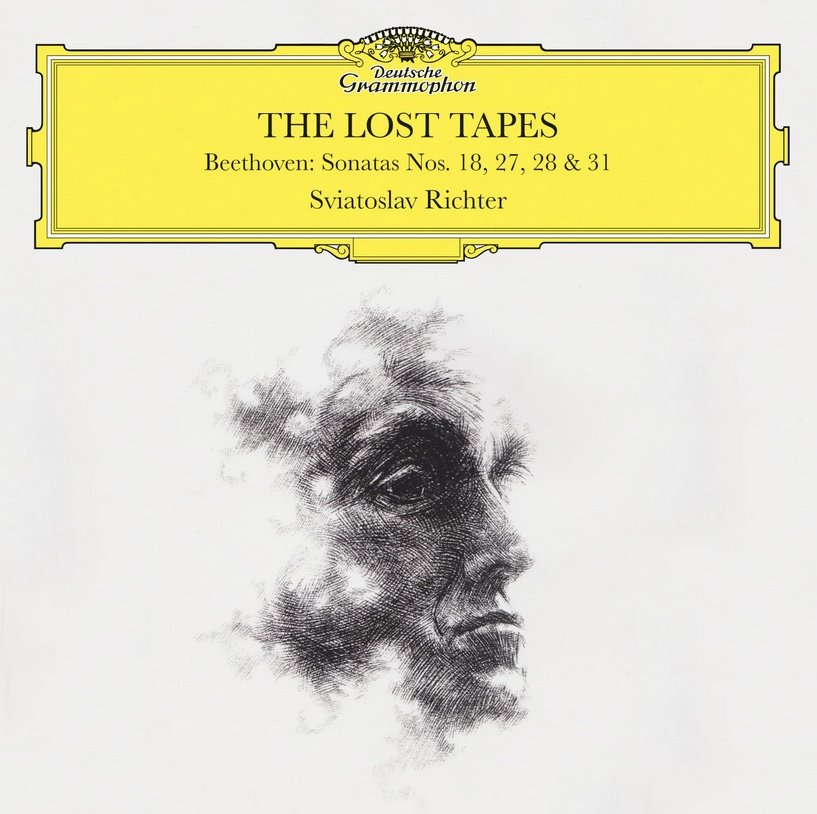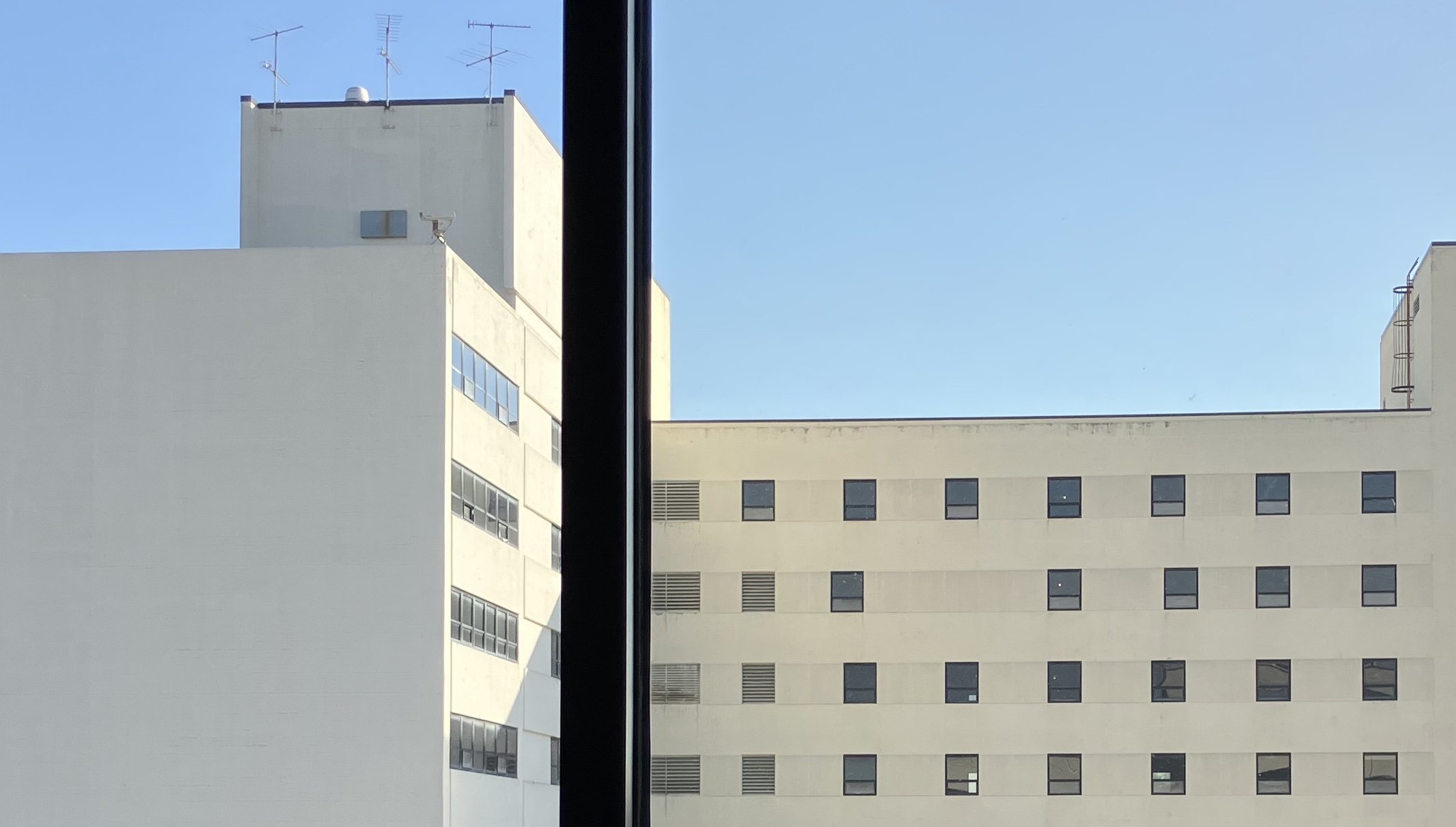A bundle of cassettes containing unreleased Bruce Springsteen studio recordings was one of my most cherished possessions in the 1980s. Much of that material was officially released this year. Springsteen’s buried treasures meant more to me decades ago, but the following ranking reflects the sustained value of the illicit cache. Hours of obscure Sun Ra sounds also saw the light of day in 2025. I acknowledge that embarrassment of riches with only one listing. Caveat: I have yet to tackle new collections of rarities by icons including Anthony Braxton, Bob Dylan, Rahsaan Roland Kirk and the Who.
1. Bruce Springsteen- Tracks II: The Lost Albums
Perfect world.
2. Bruce Springsteen- Nebraska ‘82: Expanded Edition
Reason to believe.
3. Moor Mother- Analog Fluids of Sonic Black Holes
An orchestral reimagining of her 2019 album.
4. Anat Fort- The Dreamworld of Paul Motian
The pianist with Steve Cardenas, Garry Wang and Matt Wilson.
5. Woody Guthrie- Woody at Home, Vol. 1 and 2
My review..
6. James Newton Quartet- Live in Willisau Switzerland 1983
The flautist with Geri Allen, Anthony Cox and Andrew Cyrille.
7. Larry June, 2 Chainz and the Alchemist- Life Is Beautiful: Chopped But Not Slopped
A lost art.
8. Nick Drake- The Making of Five Leaves Left
Time has told me.
9. Makaya McCraven- Off the Record!
His four 2025 EPs compiled.
10. Joni Mitchell- Joni's Jazz
One side now.
11. Cecil Taylor and Tony Oxley- Flashing Spirits
Spectral sounds from 1988.
12. Irène Schweizer, Rüdiger Carl, Johnny Dyani and Han Bennink- Irène's Hot Four
Improvisational madness from 1981.
13. Charles Mingus- Mingus in Argentina: The Buenos Aires Concerts
A glorious mess from 1977.
14. Sun Ra- Uncharted Passages: New York Piano Soliloquies 1977-79
Solo.
15. Sviatoslav Richter- The Lost Tapes: Beethoven: Sonatas Nos. 18, 27, 28 & 31
My review.
16. Peggy Lee- Mirrors: Expanded Edition
Existential art songs.
17. Kassa Overall- CREAM
My review.
18. Tedeschi Trucks Band and Leon Russell Present- Mad Dogs and Englishmen Revisited: Live at Lockn’
Feelin’ alright.
19. Willie Nelson- Oh What a Beautiful World
Willie on Rodney.
20. Art Pepper- Geneva 1980
Bird lived.
21. Rima Khcheich- Ya Man Itha: Tribute to Fouad Abdel Maheed
The Lebanese vocalist interprets the Egyptian composer.
22. Don Letts- The Rebel Dread at Echo Beach
Reggae party.
23. Branford Marsalis Quartet- Belonging
A fresh take on Keith Jarrett’s 1974 album.
24. Willie Nelson- Workin’ Man: Willie Sings Merle
Swinging doors.
25. Sister Irene O’Connor- Fire of God’s Love
Zany but persuasive gospel.







